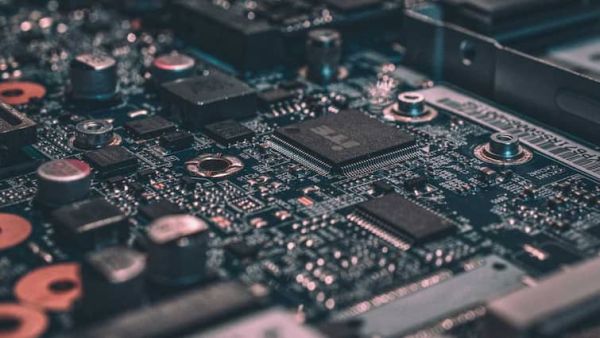
US officials have confirmed that semiconductor giants Nvidia and AMD have agreed to remit 15 per cent of their revenue from sales of advanced chips to China, including Nvidia’s H20 model used in artificial intelligence applications, to the US Treasury.
The arrangement follows months of restrictions imposed by the Trump administration, reported Reuters. In April, the White House halted sales of H20 chips to China over national security concerns. However, Nvidia said last month that it had been informed of the government’s decision to permit renewed shipments, with deliveries expected to resume soon.
The US Commerce Department has already begun issuing licences for H20 exports, another official said on Friday. According to the Financial Times, the 15 per cent revenue-sharing condition applies to licences for multiple semiconductor products, including AMD’s MI308 chips.
Company Statements and Market Impact
Asked about the revenue agreement, a Nvidia spokesperson stated: “We follow rules the US government sets for our participation in worldwide markets.” The representative added: “While we haven’t shipped H20 to China for months, we hope export control rules will let America compete in China and worldwide.”
AMD has not commented on the development. The US Department of Commerce and China’s foreign ministry also did not remark on the matter.
China remains a major market for both companies. In the fiscal year ending January 26, Nvidia generated $17 billion from China, accounting for 13 per cent of total sales. AMD’s 2024 revenue from China stood at $6.2 billion, or 24 per cent of its total.
Debate Over Security and Trade Strategy
Geoff Gertz, senior fellow at the Center for New American Security, criticised the policy, remarking: “Either selling H20 chips to China is a national security risk, in which case we shouldn’t be doing it to begin with, or it’s not a national security risk, in which case, why are we putting this extra penalty on the sale?”
Commerce Secretary Howard Lutnick described the resumption of sales as part of broader trade negotiations with Beijing, including discussions on rare earth supplies. Speaking to CNBC, he called the H20 Nvidia’s “fourth-best chip” and argued that keeping Chinese firms reliant on American technology—even if not the most advanced—served US interests.
The US official stressed that the administration did not consider sales of H20 or similar chips to be a threat to national security. However, it remains unclear when or how the revenue-sharing deal will be implemented.
Alasdair Phillips-Robins, a former adviser at the Commerce Department under President Joe Biden, warned that the reported agreement could undermine strategic safeguards. “If this reporting is accurate, it suggests the administration is trading away national security protections for revenue for the Treasury,” he said.
-
Sovereign gold bonds due for premature redemption deliver up to 20 pc growth

-
Pritam: I made everyone lyricist, couldn't believe my eyes missed the lyricist in Amitabh Bhattacharya

-
Lok Sabha adjourned till 2 pm amid Oppn's sloganeering, disruptions

-
Tragic Ambulance Collision in Bhadohi Claims Two Lives

-
RCB Star Yash Dayal Reportedly Banned From Playing In UP T20 League After Being Signed Up For ₹7 lakh; Here's Why
